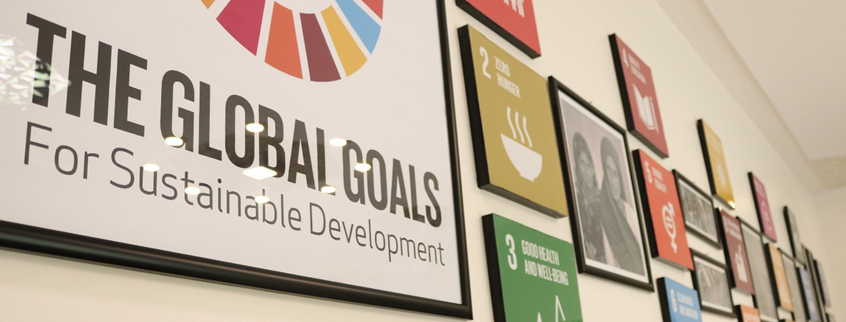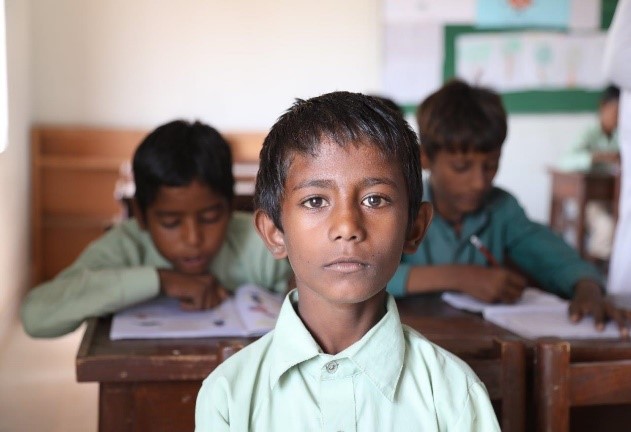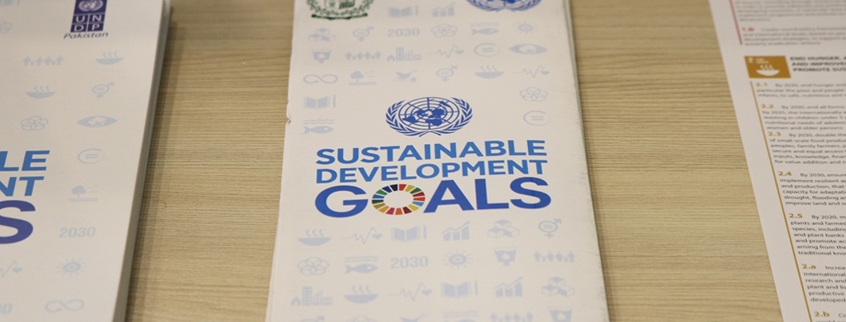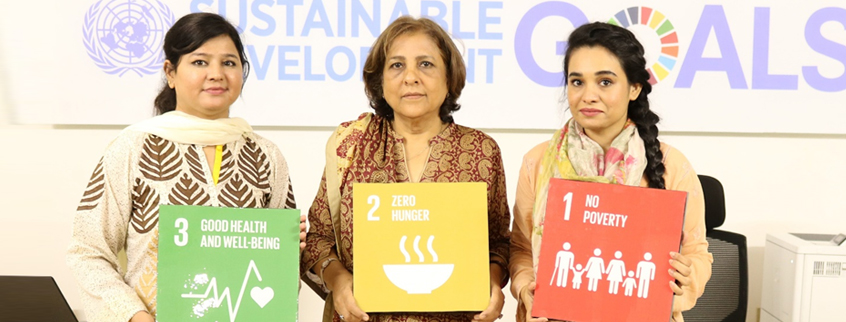UN’s Global Agenda 2030 aims to promote and ensure intergenerational equity so that future generations may live better, improved lives.“Leaving no one left behind” and ensuring “sustainability” are the core foundations for the SDGs. These are translated into 17 goals centered around the five P’s: People, Prosperity, Planet, Peace and Partnership. Sustainable Development goals were formally adopted in 2015 as National Development Goals, following which federal and provincial governments have started mainstreaming SDGs into national and sub-national planning.
In 2016, Government of Sindh signed up to the Global Agenda for sustainable development, committing to an action plan for people, planet and prosperity. The Agenda 2030 has 17 Sustainable Development Goals, that inculcate a vision and direction for a better tomorrow, targeting human prosperity, reduction in poverty, healthy eco-systems, a stable climate, and a clean environment. 193 countries have committed to the Agenda 2030; Pakistan being one of them. In line with the national initiative, our province, has promptly initiated its efforts to shape the Agenda 2030 and 17 SDGs into a local reality.

There is no doubt about the fact Sindh has escalating development needs due to its growing population, in the form of poverty, inequalities, unemployment, lack of security, infrastructural issues, pollution, stagnant literacy rate, threats to health and safety with contaminated water and lack of access to proper sanitation services. Amidst a growing industrial landscape and a vast pool of natural resources, Sindh is not being able to meet its development needs, and we can no longer proceed with business as usual. Sindh requires interventions through a different lens that.




